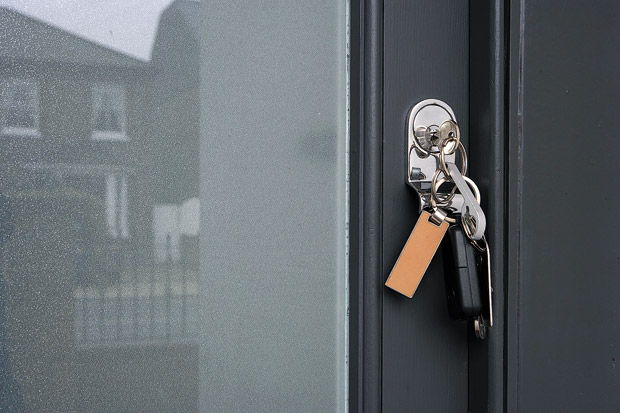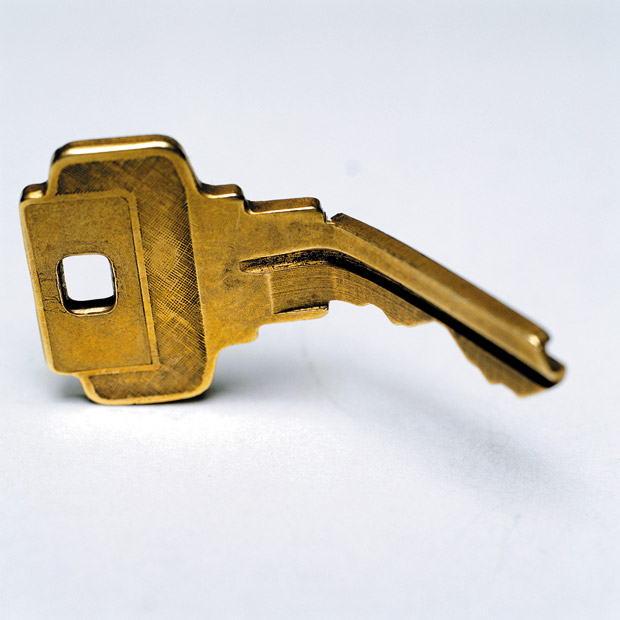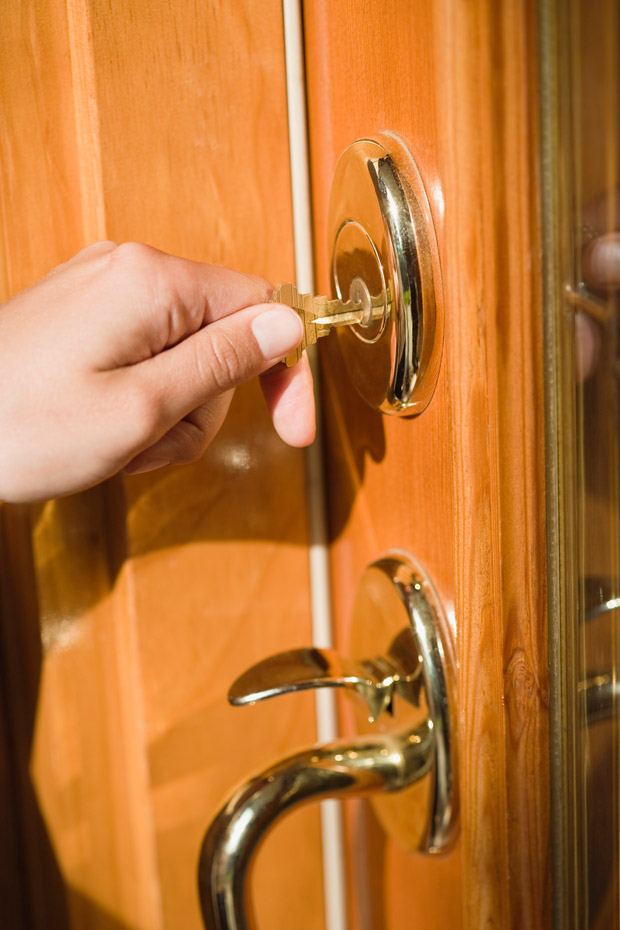At our house, we have many keys. There is one to get into our outside gate, one for our backyard, one for our screen door and one for the front door. I’ve color-coded the keys to keep them in order, matching the colors to the items around the locks for easy reference.
I always like to have a backup plan, so my husband and I gave some spare sets to trusted friends and family. This helps in times when we get locked out or when we are coming home late and need someone to walk our dog, Lilo. Recently, we had a mishap. It wasn’t me, and I won’t name names, but “somebody” broke one of our keys in the doorknob near the gate. It was an old knob, and the key was on the softer side. It may have been an inevitable occurrence, but it was stressful nonetheless. Luckily, there are several strategies you can employ if the same thing happens to you.
First, stop. If your key breaks off in the lock, resist the urge to shove the rest of the key in. You may push the broken part farther in, which will make removal more difficult.
Then, grab some lubricating spray and spray it into the keyhole. Experts tend to recommend a dry lubrication over an oil-based one because they will not clog up the internal workings of the lock. After spraying, remove any excess lubrication. Then, use a pair of needle nose pliers to grab onto any part of the key you can, and pull it out.
If it does not come out easily, you may need to try another method. You can try a key extractor tool, which you can purchase online or in some hardware stores. I would recommend calling first to see if they have them in stock. This set will come with a variety of tools in different sizes so that you can find one that best fits your lock. It should cost around $10 or less. Follow the manufacturer instructions.
If the key is lodged so far up that you cannot remove it, you may have to call an Alohomora Locksmith Services. He or she will most likely be able to remove the key or replace the lock altogether.
Do what you can to avoid this situation by ensuring that your locks stay lubricated and clean. Use lubricating spray every few months, and keep an eye on your keys as well. Once they start feeling flimsy, replace them.
Have a comment or question for Joanne? Email thefixisin@gmail.com.


